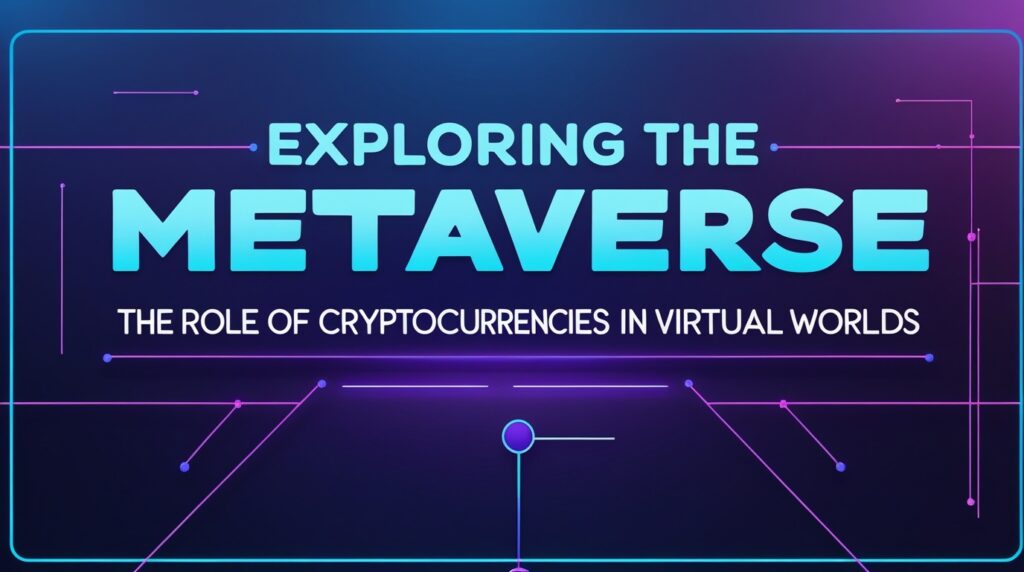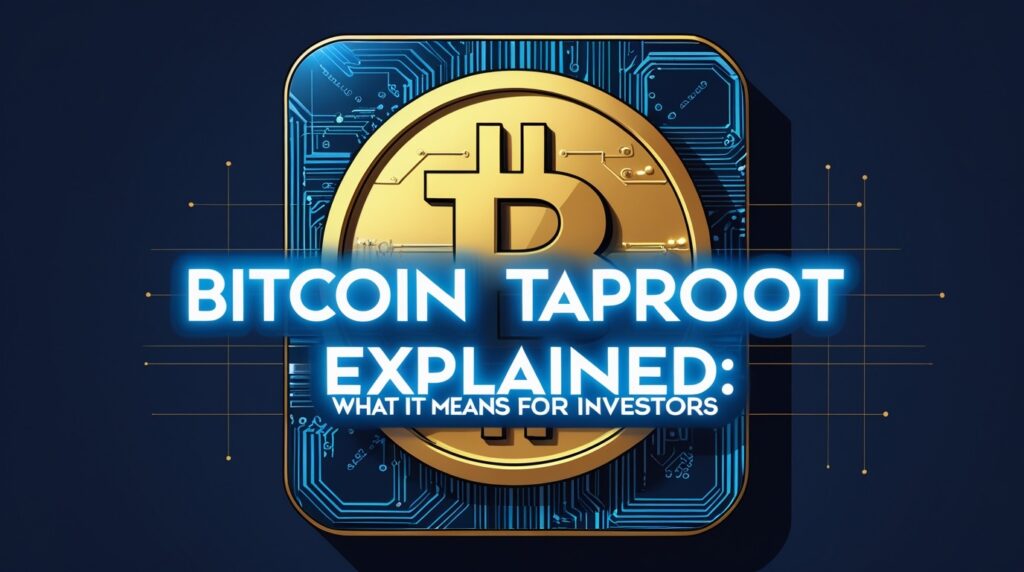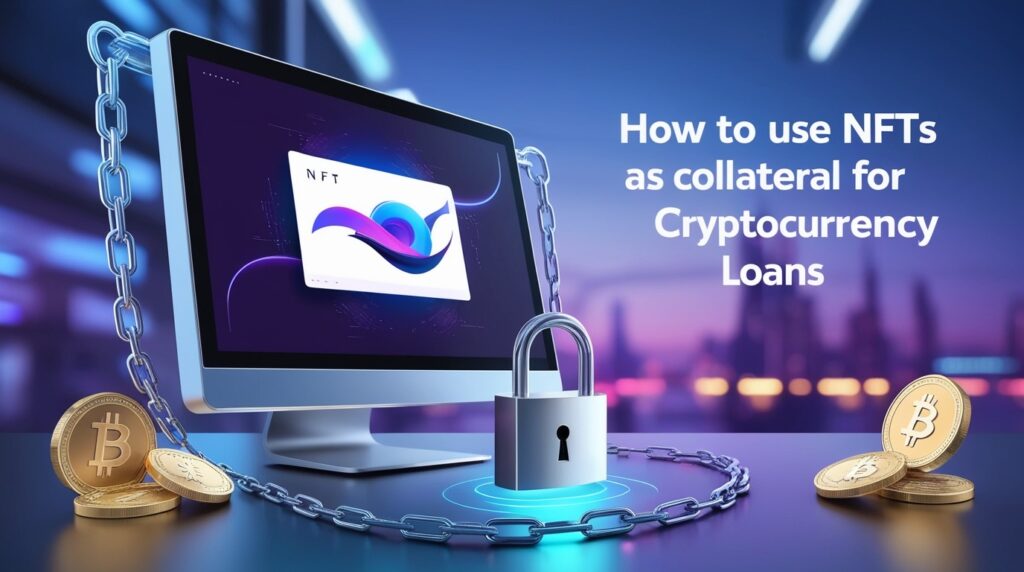Blockchain technology, initially recognized for its role in cryptocurrencies, is now emerging as a transformative force across various industries, including healthcare. At its core, blockchain ensures data decentralization, transparency, and security, making it uniquely suited to address many challenges in healthcare systems. As patient data security, interoperability, and operational inefficiencies remain critical issues, exploring the Rise of Blockchain Technology in Healthcare.
Understanding Blockchain Technology in Healthcare
What is Blockchain?
Blockchain is a decentralized digital ledger that records transactions across multiple computers in a secure and immutable way. Its core principles—decentralization, transparency, and immutability—ensure data integrity and trust without requiring intermediaries. In healthcare, blockchain’s application revolves around secure patient data storage, efficient sharing of medical records, and process automation.
How Blockchain Applies to Healthcare Systems
By leveraging blockchain, healthcare organizations can establish secure, interoperable networks that facilitate seamless data sharing, protect sensitive information, and streamline operations. This not only addresses current inefficiencies but also promotes a patient-centered approach to healthcare delivery.
Why Blockchain Matters in Healthcare
Current Challenges in Healthcare
Healthcare systems worldwide face significant challenges, including frequent data breaches, inefficiencies in managing patient records, and the inability to exchange information seamlessly between providers. These issues lead to increased costs, compromised patient safety, and limited access to quality care.
Blockchain’s Potential to Address Challenges
Blockchain’s decentralized nature ensures secure data storage and access control, reducing the risk of breaches. It also fosters interoperability by enabling seamless data exchange across different healthcare entities. Additionally, blockchain can automate administrative processes, improving operational efficiency and reducing costs.
Key Trends in Blockchain Technology in Healthcare
1. Securing Patient Data and Privacy
In an era of increasing cyberattacks, safeguarding sensitive health information is paramount. Blockchain provides robust security through cryptographic encryption, ensuring that patient data is accessible only to authorized parties. Examples include platforms like Medicalchain, which secure electronic health records (EHRs) while enabling controlled access.
2. Interoperability Between Healthcare Providers
One of the biggest hurdles in healthcare is the lack of seamless communication between providers. Blockchain addresses this issue by creating interoperable networks where patient records can be shared securely and in real-time. For instance, projects like MedRec allow healthcare providers to access unified patient records without compromising data security.
3. Smart Contracts for Healthcare Operations
Smart contracts are self-executing agreements coded into the blockchain. In healthcare, they streamline processes like insurance claims, payment settlements, and clinical trials. For example, insurers can automate claims processing based on predefined conditions, reducing delays and errors.
4. Blockchain in Drug Supply Chain Management
The pharmaceutical industry faces significant challenges with counterfeit drugs. Blockchain enhances supply chain transparency by tracking each step of a drug’s journey from manufacturer to patient. Platforms like Chronicled use blockchain to authenticate pharmaceuticals, ensuring quality and safety.
5. Decentralized Clinical Trials
Blockchain improves the transparency and reliability of clinical trial data. Decentralized trials powered by platforms like Triall enable secure sharing of trial data while maintaining its integrity. This enhances trust among stakeholders and accelerates drug development.
6. Patient-Centric Models
Blockchain empowers patients by granting them control over their health data. Patients can provide consent for data sharing and even monetize their health information through platforms like Health Wizz. This model fosters a more personalized and participatory healthcare system.
Innovations Transforming Healthcare Through Blockchain
Emerging Startups and Blockchain Solutions
Innovative startups are leading the charge in blockchain healthcare applications. Companies like SimplyVital Health and BurstIQ are developing platforms that focus on secure medical record management and data analytics. These solutions are revolutionizing how data is stored, shared, and utilized.
Integration of Blockchain with Emerging Technologies
The synergy between blockchain and technologies like AI, IoT, and big data is unlocking new possibilities in healthcare. For instance, IoT devices can securely transmit patient data to blockchain networks, while AI algorithms analyze this data to provide actionable insights.
Tokenization and Healthcare Rewards Programs
Token economies incentivize healthy behaviors and promote wellness. Blockchain-based programs reward patients for maintaining healthy lifestyles, participating in wellness programs, or adhering to treatment plans. For example, Healthcoin rewards users for meeting fitness goals, encouraging proactive health management.
Challenges and Limitations
Regulatory Hurdles
The integration of blockchain into healthcare must comply with existing laws like HIPAA in the U.S. or GDPR in Europe. Establishing global standards for blockchain adoption is essential to overcome these regulatory challenges.
Technical Barriers
Scalability and energy consumption remain significant concerns for blockchain systems. Moreover, integrating blockchain with legacy healthcare systems requires substantial investments in infrastructure and expertise.
Adoption Resistance
High implementation costs and the complexity of blockchain systems often deter stakeholders. Educating healthcare professionals and demonstrating the technology’s benefits can help drive adoption.
Future Outlook for Blockchain in Healthcare
The adoption of blockchain in healthcare is expected to grow significantly in the coming years. Emerging innovations, such as blockchain-enabled personalized medicine and decentralized health record systems, will redefine patient care. Governments and private sectors must collaborate to create supportive ecosystems that promote blockchain adoption, ensuring a secure, efficient, and patient-centered healthcare future.
Conclusion
Blockchain technology is poised to transform healthcare by addressing critical challenges and introducing innovative solutions. Its ability to secure data, enhance interoperability, and automate processes makes it a game-changer for the industry. Stakeholders must embrace blockchain’s potential to create a more efficient and patient-focused healthcare system.
FAQs
1. How does blockchain improve patient data security?
Blockchain secures patient data through cryptographic encryption, making it tamper-proof and accessible only to authorized parties. Its decentralized structure eliminates single points of failure, reducing vulnerability to cyberattacks.
2. Can blockchain eliminate counterfeit drugs?
Yes, blockchain can track drugs throughout the supply chain, ensuring transparency and authenticity. By providing a tamper-proof record of a drug’s journey, blockchain helps eliminate counterfeit medicines.
3. What are the challenges of implementing blockchain in healthcare?
Challenges include regulatory compliance, scalability issues, high implementation costs, and resistance from stakeholders due to the technology’s complexity.
4. How do smart contracts benefit healthcare operations?
Smart contracts automate processes like insurance claims and payment settlements, reducing administrative delays and errors. They also ensure transparency and fairness in transactions.
5. What role does blockchain play in patient-centric healthcare?
Blockchain empowers patients by giving them control over their health data. Patients can provide consent for data sharing and even monetize their health information through secure platforms.










